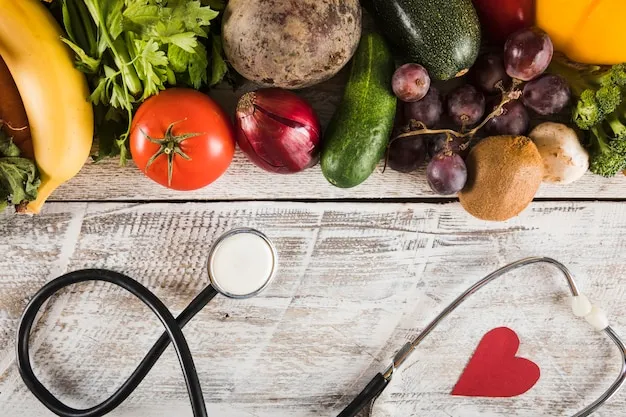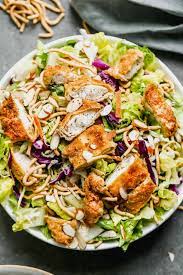Good nutrition is an important part of leading a healthy lifestyle. It is filled with nutrients that help the body to function properly and keep you healthy. Knowing what makes up a good diet can help you make better choices for your nutrition.
Carbohydrates
The main source of energy for the body is carbohydrates. They exist naturally in foods like bread, rice, pasta and fruits. Complex carbs such as whole grains are a good choice, because they provide energy slowly and make you feel full for longer. They also have fiber good for digestion.
Proteins
The body needs protein for growth, repair and maintenance of body tissues. They are composed of amino acids, types of the building blocks the body uses to grow. Proteins can be found in meat, fish, eggs, dairy products, legumes and nuts. Just make sure you are incorporating enough sources of complete protein so that all essential amino acids are represented.
Fats
Fats part of a healthy diet and are necessary energy source and essential to cell growth. They also aid in absorption of some vitamins and cushion organs. Polyunsaturated fats are a good option in place of both saturated and trans fats found in processed foods like avocados, olive oil and fish.
Vitamins
Vitamins are organic substances that numerous functions of the body require. Every vitamin plays a specific function, like C for immune function and D for bone health. Most vitamins are usually obtained from a balanced diet containing fruits, vegetables and whole grains. Supplementation may be required to correct some deficiencies.
Minerals
Minerals such as calcium, potassium and iron are essential for good health. Calcium maintains bone and teeth health, potassium is for muscle function and iron is vital for blood production. These are available in dairy, dark leafy greens and meats. Consuming a variety of food can be beneficial for mineral intake.
Fiber
Fiber is needed to have a healthy digestion. It arrests the body’s use of sugars, helping to control hunger and blood sugar levels. High fiber foods Whole grains, fruits, vegetables and legumes are high in fiber. A diet rich in fiber can help avoid digestive problems and ensure optimal health in the long term.
Water
Water is essential for life. It helps with digestion, maintaining body temperature and transporting nutrients. Hydrating is important and so we need be sure to get plenty to drink each day. Water is the ideal source, as other fluids and water-containing foods, such as fruits and vegetables contribute to hydration.
Importance of Portion Control
Each ingredient is equally important, but it’s the portion control that keeps this perfectly balanced. It’s said that such overeating of healthy food leaves you with disproportion. Watching Portion Sizes – This avoids overeating and assures getting enough nutrients.
Benefits of a Balanced Diet
A well-balanced diet provides many health benefits. It helps with your immune system, lowers the risk of chronic diseases and supports mental health. Eating a variety of foods provides the body with a broad spectrum of nutrients that enhance proper functioning.
Challenges and Solutions
Balancing a good diet is difficult if the end goal is quality due to time and range constraint. People can make healthier choices with meal planning and preparation. Mixing up types of food can also help making eating healthily fun.
Conclusion
The knowledge of what constitutes a healthy diet enables people to make enlightened choices. With the addition of sufficient carbohydrate, protein, fat, vitamins and minerals, fiber and water one can also sustain their overall health. Portion control and food diversity can amplify the effects of balanced diet and contribute to a healthier and fuller future.




